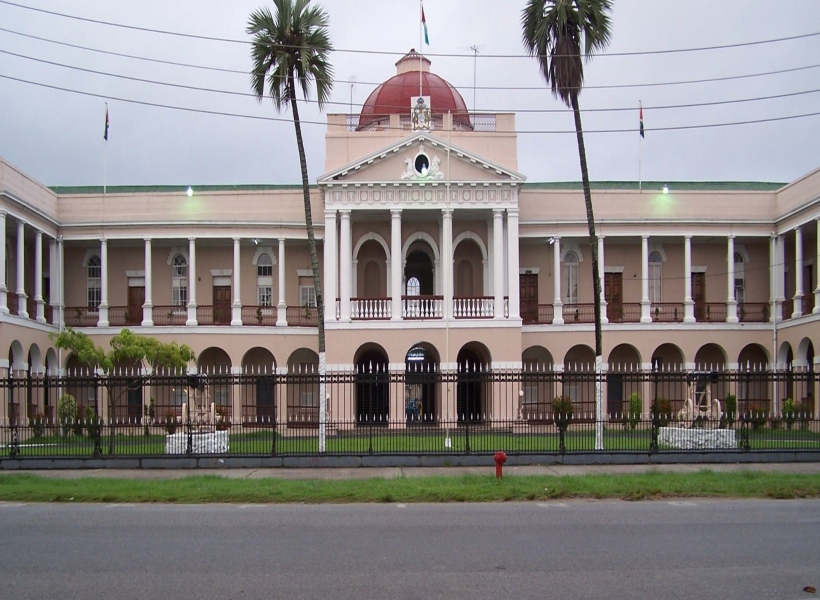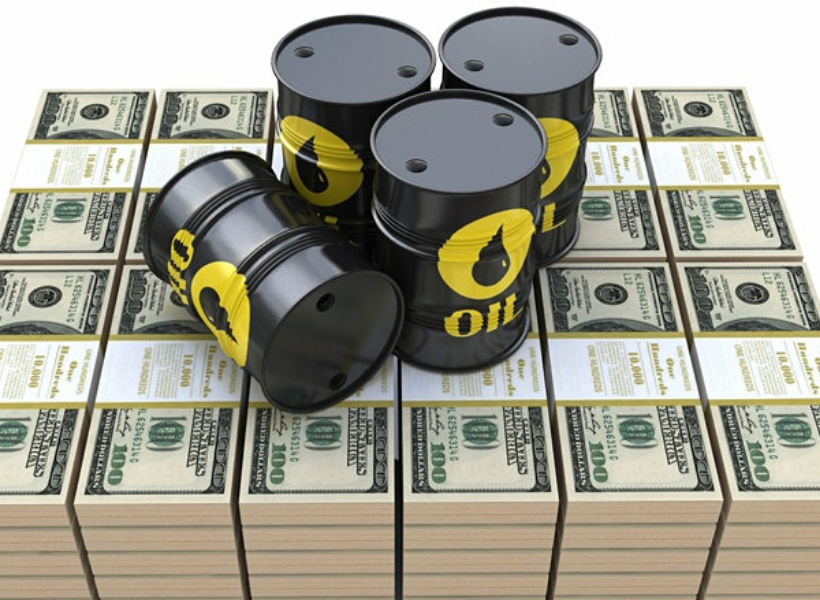Former Head of the Environmental Protection Agency (EPA) and Alliance for Change (AFC) member, Vincent Alexander has stated there is no data or studies to suggest that ExxonMobil’s operations in the Stabroek Block are contributing to the current heatwave in Guyana.
Speaking at the party’s press conference today, Alexander addressed the longstanding belief of Kaieteur News publisher and presidential hopeful Glenn Lall, who has continuously blamed Guyana’s petroleum activities for the country’s rise in temperature.
Lall previously commented on the extreme heat experienced in Guyana, stating, “The heatwave we are witnessing is as a result of the burning of millions of cubic feet of gas happening 24/7, which is called flaring and the dumping of millions of gallons of superheated water they call produced water into the ocean 24/7.” He argued that while the heatwave is partly a result of global climate change, it is largely driven by offshore oil and gas operations.
Responding to these claims, Alexander acknowledged the potential environmental impact of Exxon’s activities but emphasized the lack of scientific evidence directly linking them to the current heatwave. “It’s a question that has been raised,” Alexander said. “There’s no data. There’s no data to support, you know, such a, you know, a statement. If you were to write with such a conclusion I think what you would have to have some kind of study done.”
He further clarified, “It is not likely that such an operation offshore would cause specifically, you know, a heatwave in Guyana. There are heatwaves all over the world. It doesn’t mean that they’re not dumping the water without question. It means that it’s not good for the environment.”
Alexander expressed concern about the environmental effects of Exxon’s disposal of heated produced water and flaring, emphasizing potential harm to marine ecosystems. “The water is hot. It could impact the temperature of the water and affect the fishing,” he stated. “The water that is being dumped is produced water that contains toxic metals such as mercury, lead, and cadmium, and you could continue to need those toxic materials and radioactivity.”
He also highlighted the cumulative environmental risks associated with these operations. “On top of that, every million barrels of oil that is dumped into our ocean carries with it about 40 barrels of pure oil,” he explained. “Over the life of the field, tens of millions of barrels of water, if we added up, we would eventually be dumping, maybe a level to dump, which is the delay dumping hundreds of thousands of pure barrels of oil.”
While acknowledging the detrimental effects of hot water and toxic substances being released into the ocean, Alexander reiterated that there is no concrete evidence linking these activities to the ongoing heatwave in Guyana. “There is no data, there is no analysis, there are no studies to support, you know, the way the dumping of hot water into the ocean could be affecting, specifically, Guyana’s heatwave.”













